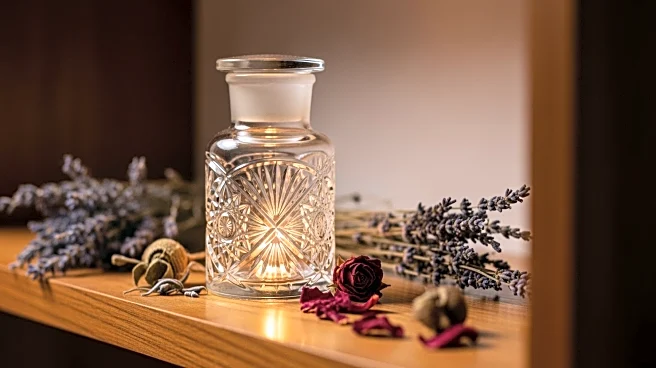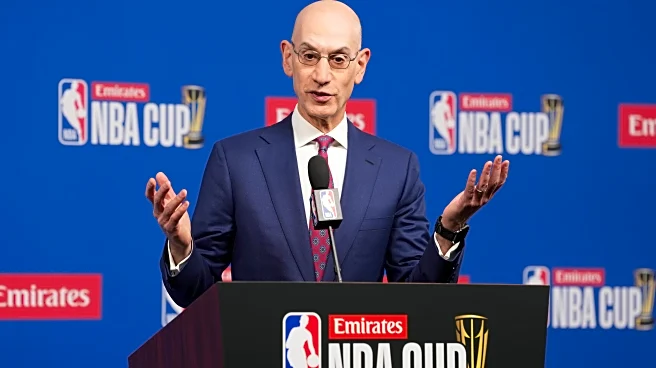What's Happening?
United HealthCare and M Health Fairview are currently in a dispute over health plans, which could result in tens of thousands of patients finding their doctors out of network by the end of the year. This
disagreement centers around contract negotiations that have failed to reach a resolution, potentially affecting the accessibility of healthcare services for many individuals. The conflict has raised concerns among patients who rely on these networks for their medical needs, as they may need to seek alternative providers or face higher out-of-pocket costs.
Why It's Important?
The dispute between United HealthCare and M Health Fairview is significant as it impacts a large number of patients who depend on these networks for their healthcare services. If the disagreement is not resolved, patients may face disruptions in their medical care, leading to potential delays in treatment and increased financial burdens. This situation highlights the broader issue of healthcare accessibility and affordability in the U.S., where insurance and provider negotiations can directly affect patient care. Stakeholders, including patients, healthcare providers, and insurers, are closely monitoring the situation, as it could set a precedent for future negotiations in the healthcare industry.
What's Next?
If the dispute remains unresolved, patients will need to explore alternative healthcare options, which may include switching providers or insurance plans. United HealthCare and M Health Fairview may continue negotiations to reach a compromise that ensures continuity of care for patients. Additionally, there could be increased pressure from patients and advocacy groups to find a resolution that minimizes disruption to healthcare services. The outcome of this dispute could influence future contract negotiations between insurers and healthcare providers, potentially impacting the structure of healthcare networks.
Beyond the Headlines
This dispute underscores the complexities of healthcare contracts and the potential consequences for patients when negotiations fail. It raises ethical questions about the responsibility of insurers and providers to prioritize patient care over financial disagreements. The situation also highlights the need for transparency in healthcare negotiations and the importance of patient advocacy in ensuring access to necessary medical services.










